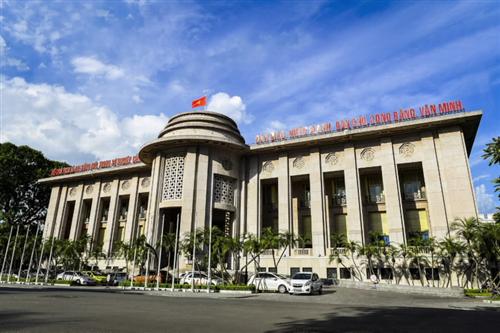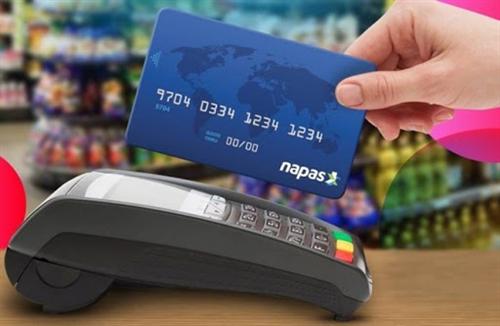Vietnam's new consumer finance curbs to challenge business models: Fitch
Vietnam's new consumer finance curbs to challenge business models: Fitch
Fitch Ratings believes larger, more established finance companies are better-placed to meet the new requirements while newer, smaller companies that concentrate on cash loans may find it harder to shift their business models.
Vietnam's new regulatory limits on unsecured consumer-finance personal loans will pressure the business models of more-exposed companies over the next few years, says Fitch Ratings.

|
The rules highlight regulatory efforts to temper risks from rising consumer leverage, following aggressive consumer credit growth over the past few years. However, they may also push industry competition towards other product segments as lenders seek to grow.
The State Bank of Vietnam's Circular 18, released in late 2019, caps the ratio of personal loans for a finance company to 70% of its total consumer loans from January 2021. This falls to 60% from 2022, 50% from 2023 and 30% by 2024. Only customers with total personal loans exceeding VND20 million (US$860) with the company will count towards the cap. Such unsecured loans are typically higher-risk and known as 'cash loans' locally. The rules also add to consumer protection requirements, which should strengthen the sector's social and governance aspects if well-enforced.
Fitch Ratings believes larger, more established finance companies are better-placed to meet the new requirements. The two largest financiers - FE Credit and Home Credit Vietnam Finance Company Limited - have significant exposure to cash loans. Such loans were roughly 73% of FE Credit's and 58% of Home Credit
Vietnam's total loans at end-March 2019 and end-2018, respectively, based on a catch-all cash-loan definition. However, the companies should be able to reposition their portfolios over the next four years in light of their broad distribution networks and product sets. The third-largest competitor, HD Saison, should be barely affected by the rules, as cash loans only accounted for around 32% of its total loans at end-2018.In contrast, newer, smaller companies that concentrate on cash loans may find it harder to shift their business models. They may need to develop additional product expertise and distribution channels to diversify away from cash loans. This may entail greater investment cost and execution risk in testing new business models and product lines.
Fitch expects the operating environment and business models of Vietnam's consumer-finance companies to continue to evolve rapidly. Margins are likely to be compressed in other consumer-finance products as companies seek to expand beyond cash loans. Credit cards, an emerging product for consumer-finance companies, and durable-goods financing may be two such products. Industry profitability remains attractive, but returns have narrowed amid increased competition from new entrants, including some subsidiaries of local banks and fresh capital from large regional financial institutions.Greater exposure to credit cards may bring finance companies into closer competition with banks, which generally enjoy greater benefits of scale and access to lower cost, more stable deposit funding. Relationships with foreign shareholders who can transfer product know-how or help lower funding costs will be an advantage, though any imported expertise will still need to be calibrated to local conditions. Korea's Shinhan Card Co., Ltd., Lotte Card Co., Ltd. and Hyundai Card Co., Ltd. and Japan's Shinsei Bank, Limited have each purchased or are in the process of purchasing stakes in Vietnamese finance companies in recent years.























